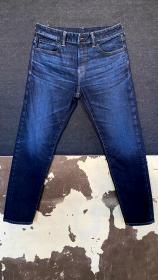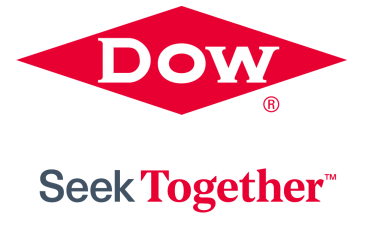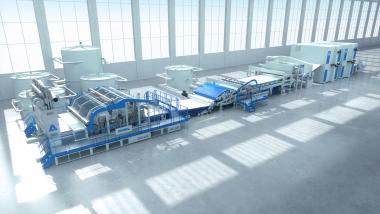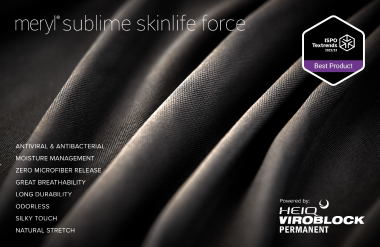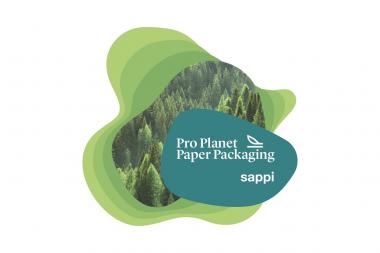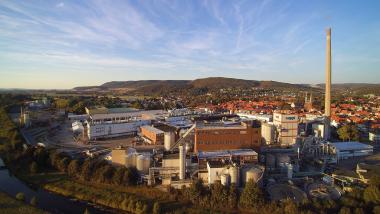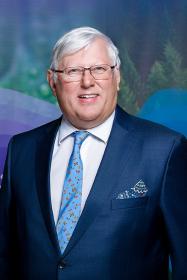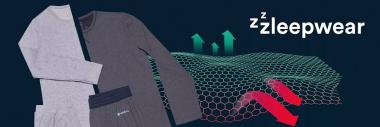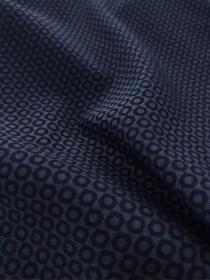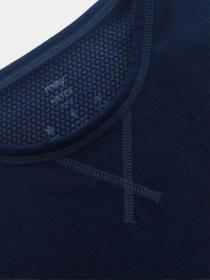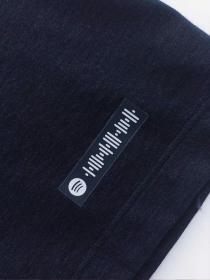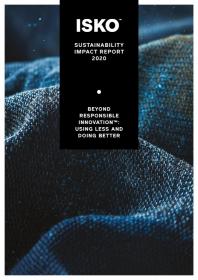Funding for SGL Carbon
- SGL Carbon receives €42.9 million funding under IPCEI for graphite anode materials (GAM) in lithium-ion batteries
- Funding in the amount of €42.9 million to 2028 for SGL Carbon GmbH from the German Federal Government and the Free State of Bavaria
- SGL Carbon project aims at European production of innovative anode materials as a key value-added step in electromobility
SGL Carbon, a leading supplier of graphite and carbon products, today received a funding notification for the development and industrialization of innovative anode materials made of synthetic graphite for use in lithium-ion batteries. The funding program is part of the second European IPCEI (Important Project of Common European Interest) / EUBatIn (European Battery Innovation) program, which aims at a competitive European value chain for lithium-ion batteries based on innovative and sustainable technologies.
SGL Carbon is one of a few manufacturers of synthetic graphite for anode materials in Europe. The company’s contribution to the IPCEI project ranges from the development of anode materials with increased performance, energy-efficient and sustainable manufacturing processes to novel recycling concepts. It also includes scaling them up to pilot scale and finally mass production. Over the project lifetime until 2028, the goal is to also establish a closed cycle for this cell component. SGL Carbon has already created a solid foundation for the project through previous investments such as the battery application laboratory at its Meitingen site. The German federal government and the Free State of Bavaria provide funding for the SGL Carbon project totaling €42.9 million, which can be drawn down over the duration of the project.
"With our development and industrialization project for new innovative anode materials and processes, we make an essential contribution to establishing a sustainable and competitive European value chain and circular economy for lithium-ion batteries. In turn, this enables us to support our customers with tailored materials and services in their innovation and industrialization process. We are very pleased about the support from the federal and state governments in this important task and would like to express our sincere thanks," explains Burkhard Straube, President Business Unit Graphite Solutions at SGL Carbon.
"In order to produce competitive, high-performance and particularly environmentally friendly batteries in the future, we need innovations. The companies participating in the IPCEIs base their battery materials, cells and systems pursued in the projects on their own research - in cooperation with their partners. This way, we ensure that the battery ecosystem being created in Germany and Europe will also place us among the world leaders in terms of technology," says Elisabeth Winkelmeier-Becker, Parliamentary State Secretary at the German Federal Ministry of Economics and Technology.
"The funding ensures value creation in a central high-tech segment with great future potential, which is ideally suited to Bavaria as a business location. In the course of the project, 25 jobs will be secured or newly created in Meitingen. SGL Carbon is an important company for the entire region and a major employer," says Hubert Aiwanger, Bavarian Minister of Economic Affairs and Bavarian Deputy Minister-President.
Synthetic graphite is utilized as anode material for lithium-ion batteries in many fast-growing applications such as electric vehicles, stationary energy storage systems and mobile consumer devices. Compared to natural graphite, synthetic graphite has a better performance, higher quality consistency and easier production scalability, as well as a better profile in terms of environmental footprint and safety in manufacturing. In the project described, SGL Carbon builds on its core competencies in the development and mass production of synthetic graphite.
SGL Carbon Funding lithium-ion battery graphite anode material IPCEI electromobility Sustainability
SGL Carbon











